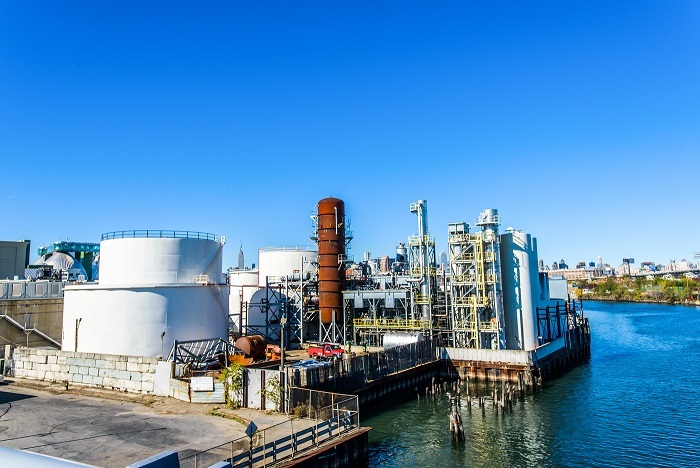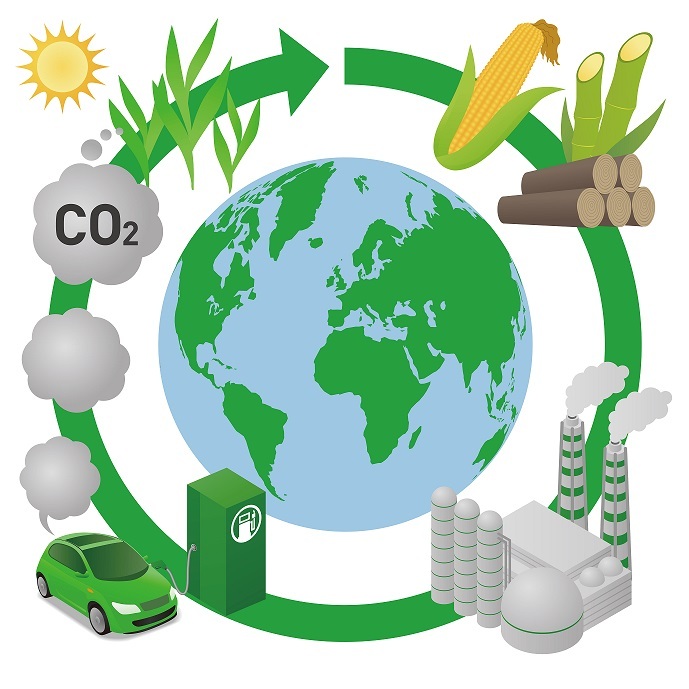
 Data Structure
Data Structure Networking
Networking RDBMS
RDBMS Operating System
Operating System Java
Java MS Excel
MS Excel iOS
iOS HTML
HTML CSS
CSS Android
Android Python
Python C Programming
C Programming C++
C++ C#
C# MongoDB
MongoDB MySQL
MySQL Javascript
Javascript PHP
PHP
- Selected Reading
- UPSC IAS Exams Notes
- Developer's Best Practices
- Questions and Answers
- Effective Resume Writing
- HR Interview Questions
- Computer Glossary
- Who is Who
Bioprocess and Biochemical Engineering
Introduction
Bioprocess and biochemical engineering are two fields that are closely related, yet distinct in their scope and application. Bioprocess engineering involves the design and development of processes for the production of biological products, such as pharmaceuticals, biofuels, and enzymes.
Biochemical engineering, on the other hand, focuses on the design and development of processes for the conversion of raw materials into biochemical products, such as biofuels, bio-based chemicals, and pharmaceuticals.
Both fields are critical to the development of sustainable and eco-friendly technologies that can meet the growing demand for bio-based products.
In this article, we will provide a detailed overview of bioprocess and biochemical engineering, including their principles, applications, and future prospects.
Principles of Bioprocess Engineering
Bioprocess engineering involves the design and development of processes for the production of biological products. The process typically involves the use of microorganisms, such as bacteria, yeast, and fungi, to produce the desired product.
The principles of bioprocess engineering are based on the following key elements:
Selection of Microorganisms
The first step in bioprocess engineering is the selection of the appropriate microorganisms for the production of the desired product. The choice of microorganisms depends on several factors, including their ability to produce the desired product, their growth rate, and their resistance to environmental stresses.
Optimization of Growth Conditions
Once the microorganisms have been selected, the next step is to optimize the growth conditions to maximize the production of the desired product. This involves adjusting parameters such as temperature, pH, and nutrient concentration to create the ideal conditions for the microorganisms to grow and produce the product.
Product Recovery and Purification
Once the product has been produced, it must be recovered and purified from the culture medium. This typically involves the use of separation techniques such as filtration, centrifugation, and chromatography to isolate the product from the biomass.
Applications of Bioprocess Engineering
Bioprocess engineering has numerous applications in various industries, including pharmaceuticals, biofuels, food, and agriculture. Some of the most common applications of bioprocess engineering are
Production of Pharmaceuticals
Bioprocess engineering is used in the production of pharmaceuticals such as antibiotics, vaccines, and recombinant proteins. The use of microorganisms in the production of these products has numerous advantages, including low cost, high yields, and scalability.
Production of Biofuels
Bioprocess engineering is also used in the production of biofuels such as ethanol, biodiesel, and biogas. The use of microorganisms in the production of biofuels has numerous advantages, including the ability to use renewable feedstocks and reduce greenhouse gas emissions.

Food and Beverage Industry
Bioprocess engineering is used in the food and beverage industry to produce products such as cheese, yogurt, and beer. The use of microorganisms in the production of these products helps to improve their flavor, texture, and nutritional value.
Principles of Biochemical Engineering
Biochemical engineering involves the design and development of processes for the conversion of raw materials into biochemical products. The principles of biochemical engineering are based on the following key elements:
Biochemical Pathways
Biochemical engineering involves the use of biochemical pathways to convert raw materials into biochemical products. These pathways involve a series of chemical reactions that are catalyzed by enzymes.
Enzyme Kinetics
Enzyme Kinetics: Enzyme kinetics is the study of the rate at which enzymes catalyze chemical reactions. Biochemical engineers use this knowledge to optimize the use of enzymes in biochemical processes.
Optimization of Process Parameters
Once the biochemical pathway has been identified, the next step is to optimize the process parameters to maximize the production of the desired product. This involves adjusting Parameters such as temperature, ph., and nutrient concentration to create the ideal conditions for the enzymes to catalyze the biochemical reactions.
Applications of Biochemical Engineering
Biochemical engineering has numerous applications in various industries, including bio-based chemicals, pharmaceuticals, and agriculture. Some of the most common applications of biochemical engineering are:
Production of Bio-Based Chemicals
Biochemical engineering is used in the production of bio-based chemicals such as organic acids, amino acids, and biopolymers. The use of enzymes in the production of these products has numerous advantages, including low cost, high yields, and eco-friendliness.
Production of Pharmaceuticals
Biochemical engineering is used in the production of pharmaceuticals such as antibiotics, vaccines, and recombinant proteins. The use of enzymes in the production of these products has numerous advantages, including low cost, high yields, and scalability.
Agriculture
Biochemical engineering is used in agriculture to improve crop yields and quality. The use of enzymes in agriculture can help to improve soil health, nutrient uptake, and pest resistance.
Future Prospects
The future prospects of bioprocess and biochemical engineering are very promising. The growing demand for sustainable and eco-friendly products has created a need for new and innovative bioprocess and biochemical technologies. Some of the future prospects for bioprocess and biochemical engineering are:
Synthetic Biology
Synthetic biology is an emerging field that combines principles of bioprocess and biochemical engineering to design and create new biological systems. This technology has the potential to revolutionize the production of bio-based products, including pharmaceuticals, biofuels, and bio-based chemicals.
Biorefineries
Biorefineries are facilities that convert biomass into a range of bio-based products, including biofuels, bio-based chemicals, and materials. Bioprocess and biochemical engineering are critical to the design and operation of biorefineries, and the development of new biorefinery technologies has the potential to create a more sustainable and eco-friendly economy.

Genome Editing
Genome editing technologies, such as CRISPR-cas9, have the potential to revolutionize bioprocess and biochemical engineering by allowing scientists to precisely modify the genetic code of microorganisms and enzymes. This technology has the potential to create new and more efficient bioprocesses and biochemical pathways.
Conclusion
Bioprocess and biochemical engineering are two fields that are critical to the development of sustainable and eco-friendly technologies.
Bioprocess engineering involves the design and development of processes for the production of biological products, while biochemical engineering focuses on the design and development of processes for the conversion of raw materials into biochemical products.
Both fields have numerous applications in various industries, including pharmaceuticals, biofuels, and agriculture.
The future prospects for bioprocess and biochemical engineering are very promising, with emerging technologies such as synthetic biology, biorefineries, and genome editing holding the potential to revolutionize the field.

